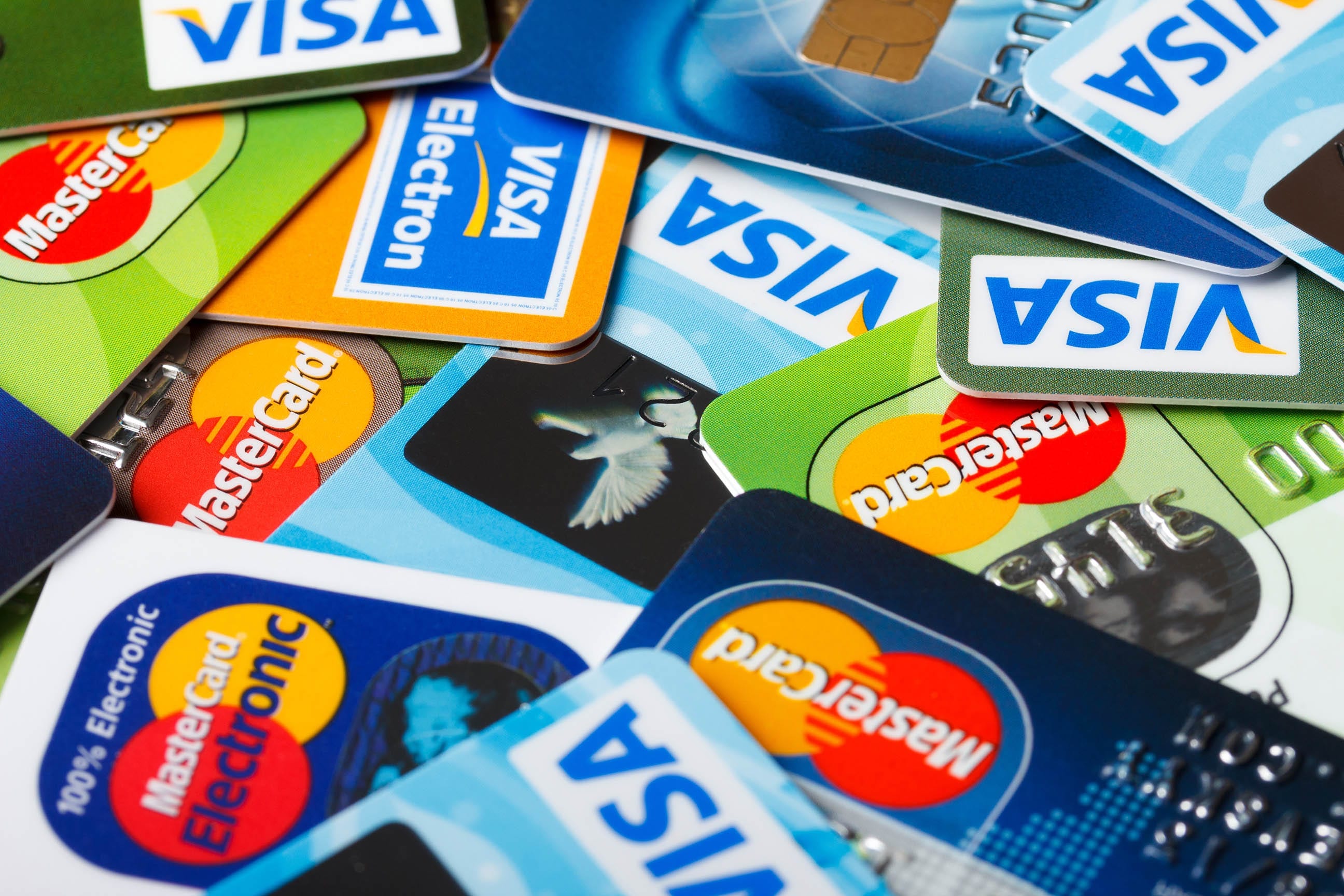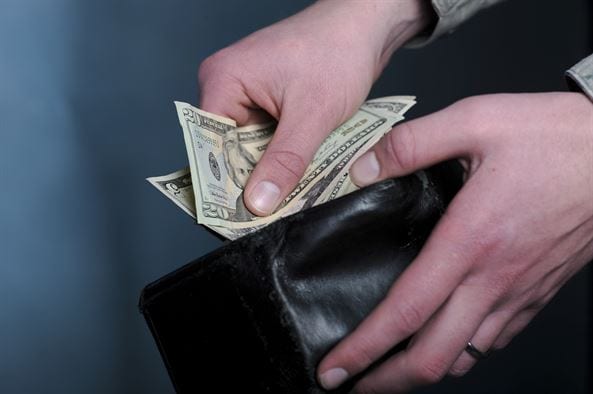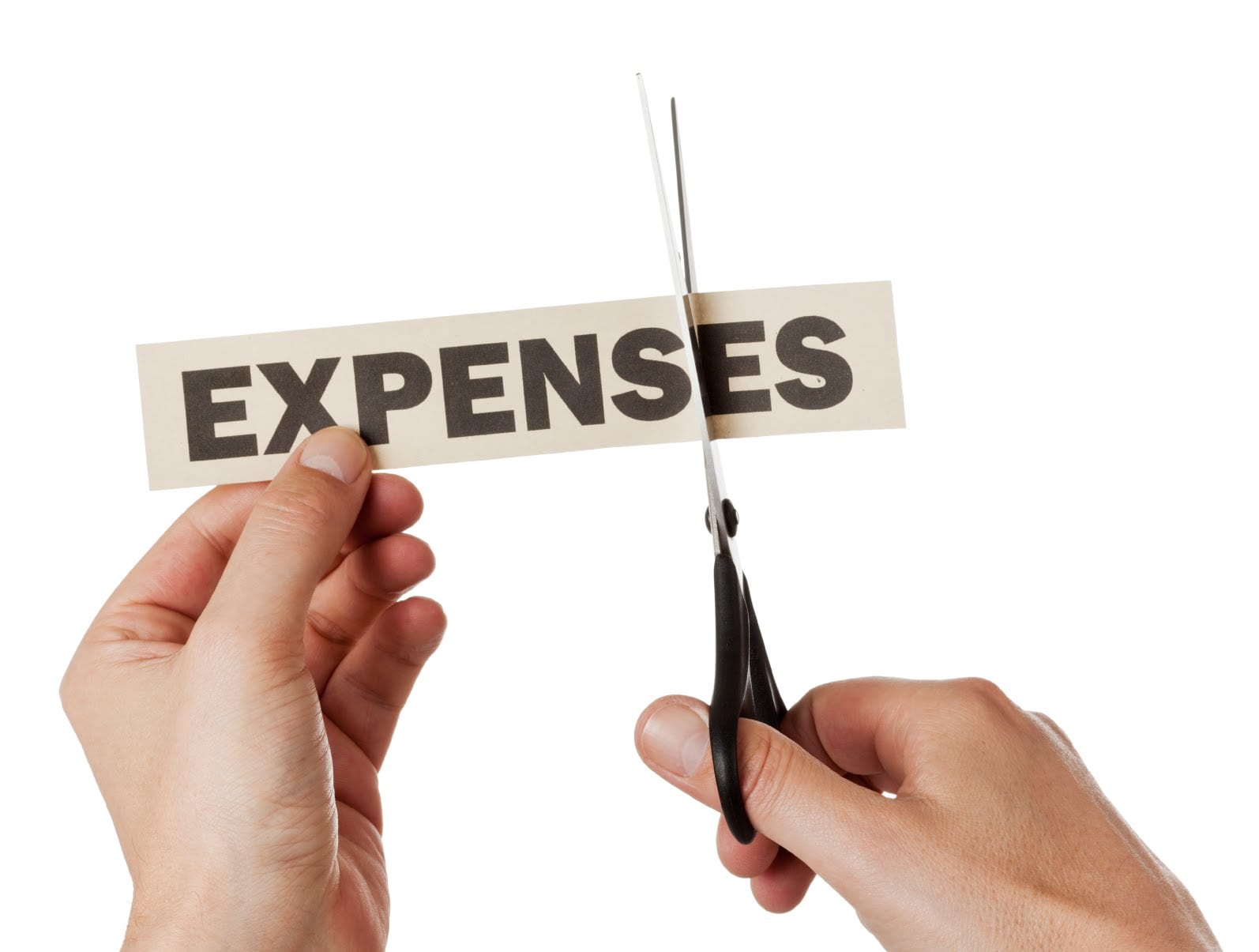The credit card trap is what I have come to call any credit card company looking for a new client. I have found myself in large debt because of credit cards, and have watched many friends and family fall into the same trap that I had. Credit cards have become the highest source of where people become high in debt. That isn’t a great thought for anyone who wants a credit card.
Some credit cards have started getting you to pre pay part of the credit cards balance before you even get the credit card. That is great because if you don’t have the money you can’t get the card. That is one thing that I like about credit cards now. But there is so much that is attached to credit cards that people don’t look into when they apply for that credit.
One trap that I have found to be common recently is the “no annual fees”. That is one of the favorite things that I have laughed about. With the no annual fees you find that if you had annual fees the interest rate would be lower. But as things are not read into that far and not very many people have accounting backgrounds I would expect that things just slide by.
Another trap is the introduction rate that creditors are offering to possible clients. By the time that the card has been used, responsibly or not, the interest rate has tripled or more. Paying out more money towards creditors. That introduction rate will not be the only rate that you get.
If the card is used responsibly, then what happens is that the credit limit increases and increases. The more you are allowed to use the more likely you are to drive up the balance and have to pay out more interest. That is the trap that is most likely to have people cringing.
If you do have the opportunity to look into the credit cards before you get them make sure that you specify the highest limit that you will allow yourself. The more that you use the card the more likely you’ll pay more to. There are transaction fees that they don’t count towards your balance until after you have paid minimum payments.
The best way that I can suggest is to stay away from the “easy” money and use cash. If you can’t afford it don’t buy it. The more that you want something the more popular that it is the more likely you are to use the credit card to get what you want without thinking about how long and at what price you are going to be paying the creditor.



